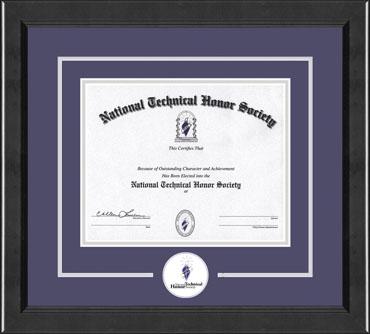We were thrilled to have been contacted by a freelance writer working for ThoughtCo, an organization dedicated to reliable educational and informational content via the Web. We understand that sometimes it’s hard to decipher between ”vanity” honor societies, and legitimate honor societies in which one must qualify to be a member.
Our Co-Founder, C. Allen Powell had a few thoughts on this, and was able to share them…
From ThoughtCo’s article:
“According to the Council for the Advancement of Standards in Higher Education (CAS), “honor societies exist primarily to recognize the attainment of scholarship of a superior quality.” In addition, the CAS notes “a few societies recognize the development of leadership qualities and commitment to service and excellence in research in addition to a strong scholarship record.”
However, with so many organizations, students might not be able to distinguish between legitimate and fraudulent college honor societies.
LEGIT OR NOT?
One way to evaluate the legitimacy of an honor society is to look at its history. “Legitimate honor societies have a long history and legacy that is easily recognizable,” according to Hannah Breaux, who is the communications director for Phi Kappa Phi. The honor society was founded at the University of Maine in 1897. Breaux tells ThoughtCo, “Today, we have chapters on more than 300 campuses in the United States and the Philippines, and have initiated over 1.5 million members since our founding.”
According to C. Allen Powell, executive director and co-founder of the National Technical Honor Society (NTHS), “Students should find out if the organization is a registered, non-profit, educational organization or not.” He tells ThoughtCo this information should be prominently displayed on the society’s website.
“For-profit honor societies should usually be avoided and tend to promise more services and benefits than they deliver,” Powell warns.
The organization’s structure should also be evaluated. Powell says students should determine, “Is it a school/college chapter-based organization or not? Must a candidate be recommended by the school for membership, or can they join directly without school documentation?”
High academic achievement is usually another requirement. For example, eligibility for Phi Kappa Phi requires juniors to be ranked in the top 7.5% of their class, and seniors and graduate students must be ranked in the top 10% of their class. The members of the National Technical Honor Society may be in high school, tech college, or college; however, all students need to have at least a 3.0 GPA on a 4.0 scale.
Powell also thinks it is a good idea to ask for references. “A list of member schools and colleges should be found on the organization’s website – go to those member school web sites and get references.”






